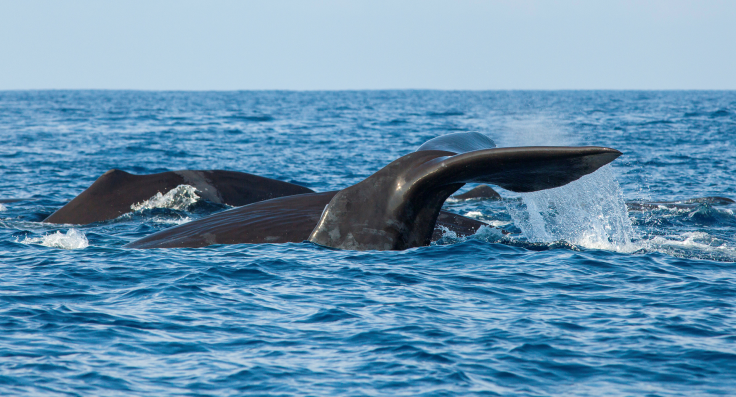Australian Environment Minister Josh Frydenberg aims to address Japan's scientific whaling programs

The 88 members of the International Whaling Commission (IWC) has gathered on Oct. 20-28 in Slovenia to discuss the fate of the whales. The members have been divided on the issue about hunting lines.
Japan is the biggest contender of the advocates who want to protect the whale's marine life. The country firmly stands that it uses whales for scientific studies. However, critics insist that the whales are only served on the table.
Claire Bass, Humane Society International, pointed out that many whales die due to the inflicted by harpoons with explosive tips. “Whaling has no place in the 21st century. It’s outdated, it’s thoroughly inhumane,” Bass told AFP. “There is no humane way to kill whales at sea.”
IWC celebrates this year its 70th founding anniversary while the whaling moratorium celebrates its 30th anniversary.
The moratorium was founded to protect the extinctions of whales species due to overhunting for several decades. Japan did not support the moratorium as it claimed that whales can save them. However, there were indigenous communities with an aboriginal subsistence whaling licence that were allowed to catch whales. The indigenous communities include the Caribbean nation of Saint Vincent and the Grenadines, Russia, Greenland and North America.
Josh Frydenberg, Australian Environment Minister will attend the meeting to address to the global community the issue on Japan's scientific whaling programs.
In 2008, the Australian government decided to take a legal action against Kyodo, a Japanese whaling company. The Australian federal court found that Japan did not the comply on the Australian law which resulted to $1 million fine in 2015 on the company's end.
“The creation of (a) South Atlantic Whale Sanctuary would be a huge milestone for whale protection,” John Frizell, Greenpeace whale expert, said. “With the multitude of problems facing these magnificent creatures, they need healthy oceans and they certainly do not need a return to commercial whaling.”





















